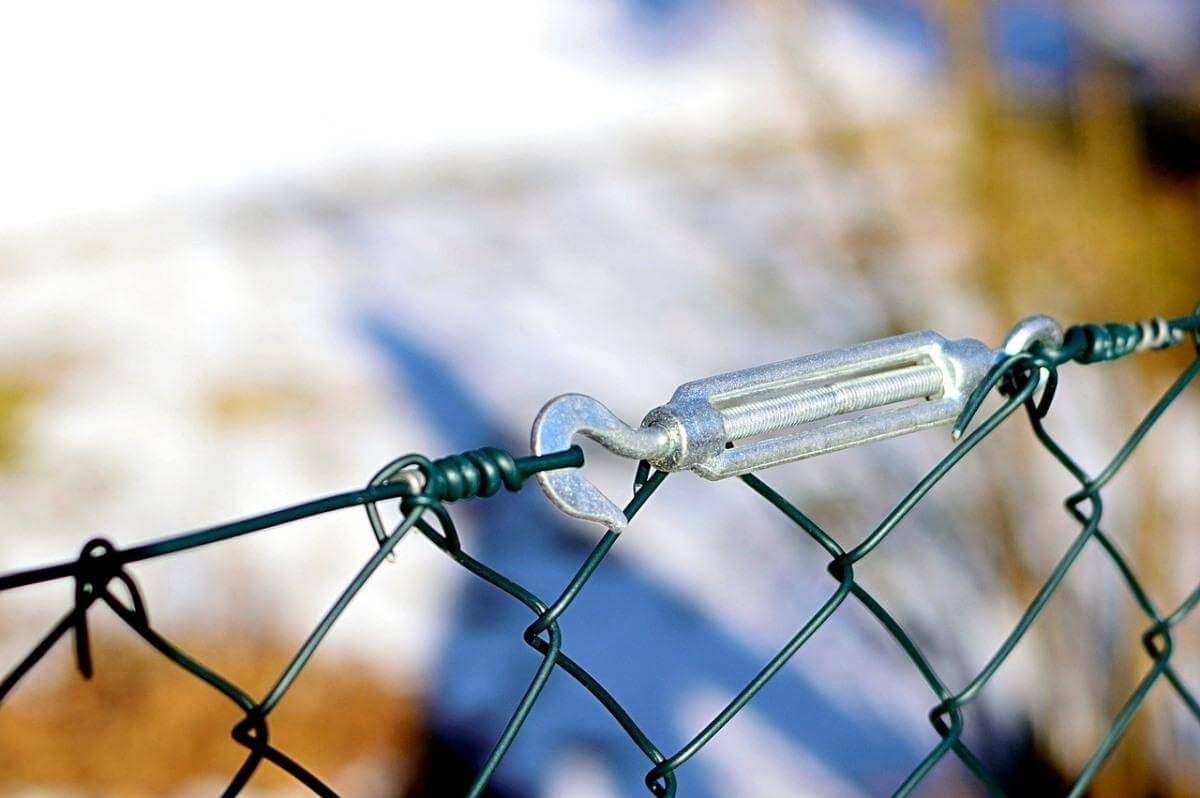You just bought a home! Congratulations! This is a huge accomplishment, and you should be very proud. As with any new movement, there are things you need to do to make sure everything goes smoothly and your investment is protected. These could include fencing your property, dividing fences, adding a new fence to a new area, and hiring a fencing contractor.
Like most homeowners, one of the first things you’ll do after buying your new house is fence it in. Fencing your property has many benefits, from protecting your investment to keeping your pets and kids safe. But before you start building a new fence, there are some things you should know.
Here are four tips for fencing your new home safely and effectively:
1. Check your local ordinances.
Before you start planning your dividing fence and buying fencing materials, you must know the rules in your area. Different cities and counties have different regulations regarding height, material, and even the placement of fences on your property. To avoid any potential problems down the road, check with your local council, local building department, or homeowners association to find out what’s allowed in your area. The Civil and Administrative Tribunal can also have something to say about a boundary fence or the proper fence height.
2. Choose a suitable fence material for your new dividing fence.
Once you know what type of fence you can build, it’s time to choose the fence materials. Many options are available, from wood and vinyl to chain link and aluminium. The material you choose should be based on your budget, the look you’re going for, and how much maintenance you’re willing to do. For example, vinyl or aluminium may be the way to go if you want a low-maintenance fence. Some people are drawn to the appeal of a wooden fence for marking property boundaries or property lines.
3. Hire a professional for dividing fences.
Unless you’re an experienced handyman, it’s best to leave the fencing job to the professionals. Not only will they be able to build your brand new fence quickly and correctly, but they’ll also have the necessary insurance in case something goes wrong. Fencing contractors are also familiar with requirements like a building permit or if you need council approval to install a retaining wall or a sufficient dividing fence in your residential property in New South Wales.
4. Inspect your existing fence regularly.
Even the best-built fences need to be inspected from time to time to make sure they’re still in good condition. Check for loose boards or posts, rust, animals nesting inside, and other potential problems in your current fence. If you catch any issues early, you can usually fix them yourself. But if the damage is severe, it’s best to call a fence builder.
5. Set Up Your Fence Properly
Now that you’ve hired a professional to install your boundary fence, it’s time to set it up properly. First, you’ll need to choose the right location for your fence. If you’re not sure where to start, consider the following factors:
– The purpose of the fence. Are you trying to keep your pets in or intruders out?
– The layout of your property. Where is the best place to put the fence to serve its purpose without intruding?
– The type of fence you’re installing. Some fences, like a chain link, can be installed almost anywhere on your property. Others, like wood privacy fences, must be placed in specific locations to ensure stability and longevity.
After you’ve chosen the perfect location for your fence, it’s time to set it up. If you’re doing it yourself, make sure to follow the instructions that came with your fence kit. And if you’re hiring a professional, be sure to ask them for tips on properly setting up and maintaining your new fence.
6. Use a Variety of Fencing Styles
Many fences are available on the market, from wood and vinyl to chain link and aluminium. And each type has its own set of benefits and drawbacks. To get the most out of your fence, choosing the right style for your needs is essential. For example, a wood or vinyl privacy fence is a good choice if you’re looking for a fence that will provide privacy for your family. But a chain link or aluminium fence may be better if you’re more concerned with security.
7. Don’t Forget About Gates
Don’t forget about gates if you’re installing a fence around your property. Gates provide an extra level of security and can be used to keep animals in or intruders out. They can also be used to create a more aesthetically pleasing entrance to your home. When choosing a gate for your fence, be sure to consider the following factors:
– The size of the opening. Gates come in various sizes, from small pedestrian gates to large driveway gates. Choose the size that best fits your needs.
– The type of gate. There are many types of gates available, from swing and sliding gates to rolling and security gates. Again, choose the type that best fits your needs.
– The material. Gates are made from various materials, including wood, vinyl, aluminium, and steel. Choose the material that best matches your fence.
8. Consider Your Budget When Dividing Fence
When it comes to fences, you get what you pay for. So, if you’re on a tight budget, you must set your expectations accordingly. That being said, plenty of fencing options are still available to fit almost any budget. For example, chain link or aluminium may be the way to go if you’re looking for a cheap fence. But if you’re willing to spend a little more, a wood or vinyl fence will provide better privacy and security.
9. Get Creative
Just because you’re installing a fence doesn’t mean it has to be boring. There are many ways to add personality to your fence and make it unique. For example, you can:
– Add embellishments like finials or scrolls.
– Paint or stain your fence.
– Choose an unconventional material like bamboo or stone.
– Incorporate different types of fencing into your design.
The possibilities are endless, so get creative and make your fence your own.
10. Maintenance Is Key
No matter what type of fence you choose, proper maintenance is essential to its longevity. Regularly check your fence for wear and tear, and repair any damage as soon as possible. Additionally, keeping your fence clean and free of debris is essential. A little bit of TLC will go a long way in extending the life of your fence.
Installing a fence is a big job. But with some planning and effort, you can get the perfect fence for your home. Just be sure to follow these ten simple tips.


